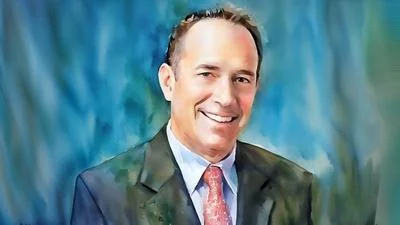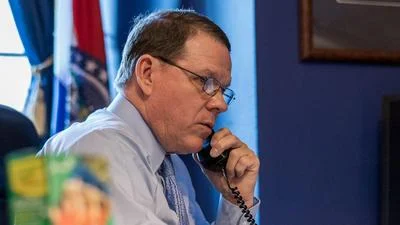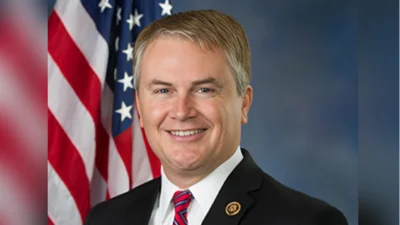Energy and Commerce Chairman Frank Pallone, Jr. (D-NJ) delivered the following opening remarks today at an Energy Subcommittee hearing titled, “Legislative Hearing to Strengthen Energy Infrastructure, Efficiency, and Financing:"
Today we will discuss legislation on a range of topics that affect our energy sector, including energy supply chains, energy efficiency, weatherization, the Department of Energy’s Loan Programs Office, and critical infrastructure.
First, the Subcommittee will review two bills that improve energy efficiency and reduce energy costs for consumers. H.R. 7962, introduced by Representative Dingell, makes important changes to water heater efficiency standards and creates a new demand response program for residential water heaters. This legislation could have a significant impact on energy consumption, help consumers save on their energy bills, and help utilities reduce demand during peak times. It also contains commonsense fixes that harmonize standards for residential and commercial water heaters.
H.R. 7947, the Weatherization Enhancement and Readiness Act, introduced by Representative Tonko, Subcommittee Chairman Rush, and Representative Kaptur, establishes an important new weatherization readiness program. It also makes other practical changes to the Department of Energy’s Weatherization Assistance Program.
President Biden’s Bipartisan Infrastructure Law built on the bipartisan work we did in the Energy Act of 2020, investing a historic $3.5 billion in the Weatherization Assistance Program and reducing energy costs for over 700,000 low-income households. Still, many households are not able to receive weatherization improvements due to underlying structural and electrical issues. This new weatherization readiness program will ensure low-income families can make the upgrades necessary to enable them to qualify for weatherization measures, reduce their energy consumption, and save money on their energy bills.
H.R. 1599, the Securing America’s Critical Minerals Supply Act, introduced by Ranking Member Upton, requires DOE to conduct assessments and secure energy resources that have vulnerable supply chains. As we work to secure a resilient and clean energy sector, we must make sure we are responsibly procuring critical minerals here in the United States. The Bipartisan Infrastructure Law took important steps to support clean energy supply chains, and I am eager to learn how this bill can advance our work towards a resilient clean energy economy.
Today we are also considering two bills to reform DOE loan programs. H.R. 8068, the Tribal Energy Investment Act, which was introduced by Representatives Leger-Fernandez, O’Halleran, and Cole. This legislation seeks to improve the Tribal Energy Loan Guarantee Program, which permits DOE to provide loan guarantees to support energy development projects on Tribal lands. Despite our best intentions in establishing the program in 2005, it has not financed a single project in the program’s 17-year history. That needs to change. I look forward to hearing from the Native American Finance Officers Association about how the Tribal Energy Investment Act builds on the recent bipartisan effort, included in the Fiscal Year 2022 appropriations package, to unlock the promise of this essential program.
I also look forward to discussing H.R. 5292, the Energy Accountability Act, sponsored by our late colleague, Representative Don Young. It would prohibit DOE from guaranteeing a loan for any entity that previously defaulted on an obligation guaranteed under Title 17 of the Energy Policy Act of 2005.
Finally, we will discuss H.R. 8053, a bipartisan bill from Representatives Crow, Peters, and Bacon, that amends the Federal Power Act to provide the Secretary of Energy authority to address vulnerabilities to the resilience of defense critical electric infrastructure. This bill seeks to ensure that homes and businesses surrounding military installations do not bear the costs of electrical upgrades necessary for the security of those bases.
I look forward to hearing how these bills will help strengthen our domestic energy sector.









